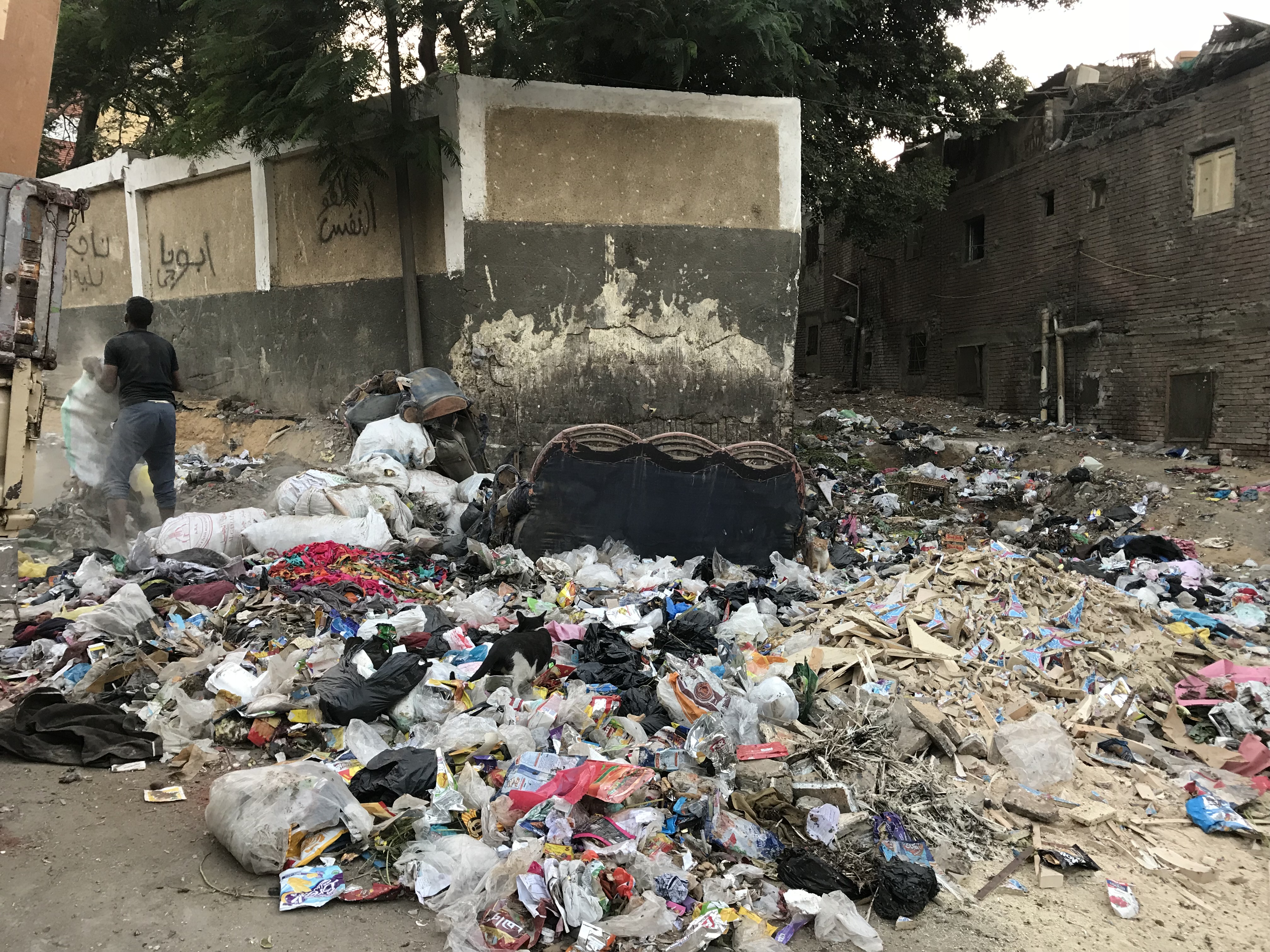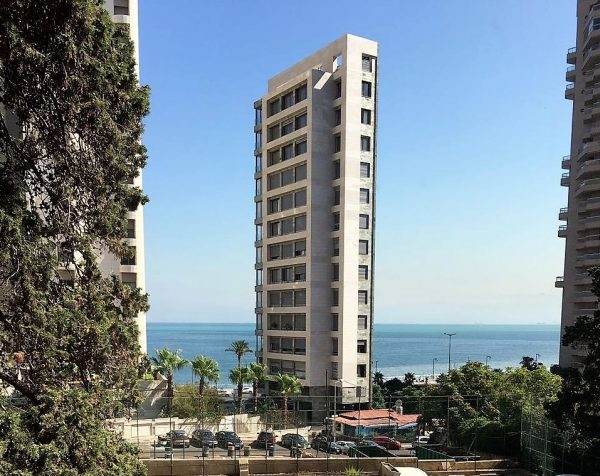Egypt Set to Clean Streets by Imposing Garbage Fine
By Sara Mohamed
Senior Environment & Health Reporter
Follow @saraaashraf3
The Egyptian government is resorting to a new tactic to get citizens to stop littering, hitting them where it hurts – their pockets.
Cairo Governor Atef Abdel Hamid announced on February 9 that anyone littering on the streets of Cairo will face a fine ranging from EGP 200 to EGP 5,000.
The garbage crisis has become a towering challenge for the government; in an around Cairo garbage dumps have turned into mountains of mass stink.
Salah El-Haggar, professor of energy and sustainable development at AUC, confirmed that the number of solid household waste in Egypt reaches 28 million tons a year, with more than half of it disposed on the streets and illegal landfills.
According to the Central Agency for Public Mobilization and Statistics (CAPMAS), about 45 percent of Egyptian households dispose their garbage by dumping it onto the street, while 55 percent get rid of it through cleaning companies and garbage collectors.
Ahmed Khalil, director of the National Solid Waste Management Programme (NSWMP) in the Ministry of Environment (MoE), says the local authorities aim to increase the cleanliness of Egypt’s streets.
“The program’s main objective is to uphold the establishment of new and effective policies, institutional arrangements and legislation for waste management among all levels in Egypt,” Khalil told The Caravan.
According to a report issued by the MoE in 2011, the need for a NSWMP was primarily identified in 2000 as a response to the severe air pollution episodes, or the ‘black cloud,’ phenomenon.
However, it failed due to the lack of a sustainable institutional setup that could provide guidance, support and follow up on its implementation.
Khalil acknowledged that the NSWMP is expected to develop the institution’s structure by outlining related policies and penalties and stimulating investments with multi-stakeholder participation.
He added that NSWMP is expected to establish solid waste management plans, at the national and local levels, that aim to boost the environmental services’ coverage and performance.
“The NSWMP doesn’t only intend to put an end to the waste problem in Egypt, but rather identify and sustain the financial resources needed to do it ,” said Khalil.
“The [ministry] is currently facing a problem which is that the financial resources available now don’t even fund 70 percent of waste removal.”
Khalil also told The Caravan that the financial resources required to manage the system were set at about EGP 7 billion annually.
He pointed out that these resources are based on the collection of service fees from the citizens, besides directing 15 percent of the local real estate tax rate to finance local solid waste management processes, contracts and activities.
“The NSWMP will ensure the sustainability of providing the adequate financial resources, which will allow the MoE, along with other local ministries, to work with private companies in order to provide better environmental services and conditions to the community,” said Khalil.
In 2003, the Egyptian government contracted foreign waste companies to manage Cairo’s garbage collection. Janitors collected rubbish bags from buildings and placed them in large bins, which trucks later picked up.
However, Amal Taha, head of the environmental awareness department in Egypt, told The Caravan that the involvement of foreign companies in Egypt’s waste management system was a failure since any disagreement in any matter would lead to international arbitration.
“Besides, the foreign companies were applying the western mindset instead of actually studying the conditions of the garbage crisis in Egypt and helping to resolve it, which also didn’t help in curbing the issue at all,” she said.
Taha cited “the shift in the behavior of Egypt’s citizens” as the main aim of enforcing the garbage fine since she believes it is necessary to progress and solve the garbage crisis in Egypt.
“If these waste regulations were properly applied in Egypt, people will think twice before they throw garbage on the streets,” said Taha.
Meanwhile, Khalil pointed out that if citizens find a proper garbage disposal system, almost 80 percent of the citizens will abide by it.
“The remaining 20 percent that don’t comply will be the ones that rightly deserve to pay such penalties in order for them to learn to stop littering in the future,” he added.
El-Haggar acknowledged that there is a random waste management problem in Egypt and that supervision is absolutely necessary to resolve the crisis.
“The garbage collectors only choose the solid household wastes that benefit them and ignore the useless trash on the streets,” he said.
In a press conference on February 15, Egypt’s Environment Minister Khaled Fahmy declared that garbage collection fees, or ‘Service Fees,’ are to be imposed across Egypt’s governorates following new legislation approved by the cabinet seeking to boost recycling and make garbage disposal more sustainable.
He explained that the law’s main feature is to enable the government to organize the garbage collection process, rather than carry out the collection process, in addition to establishing rules for civil society and companies to follow.
In 2005, the People’s Assembly issued Law No. 10 which added solid waste collection fees from EGP 1 to EGP 10, depending on income level and area of residence, to electricity bills.
But Khalil says it is unreasonable to expect that a family living in a villa in New Cairo pays the same fee as a family living in a studio in Shubra, for example.
He says that the law will be amended to have 85 percent of the population pay EGP 1 to 10, while the remaining 15 percent will pay fees above EGP 10.



